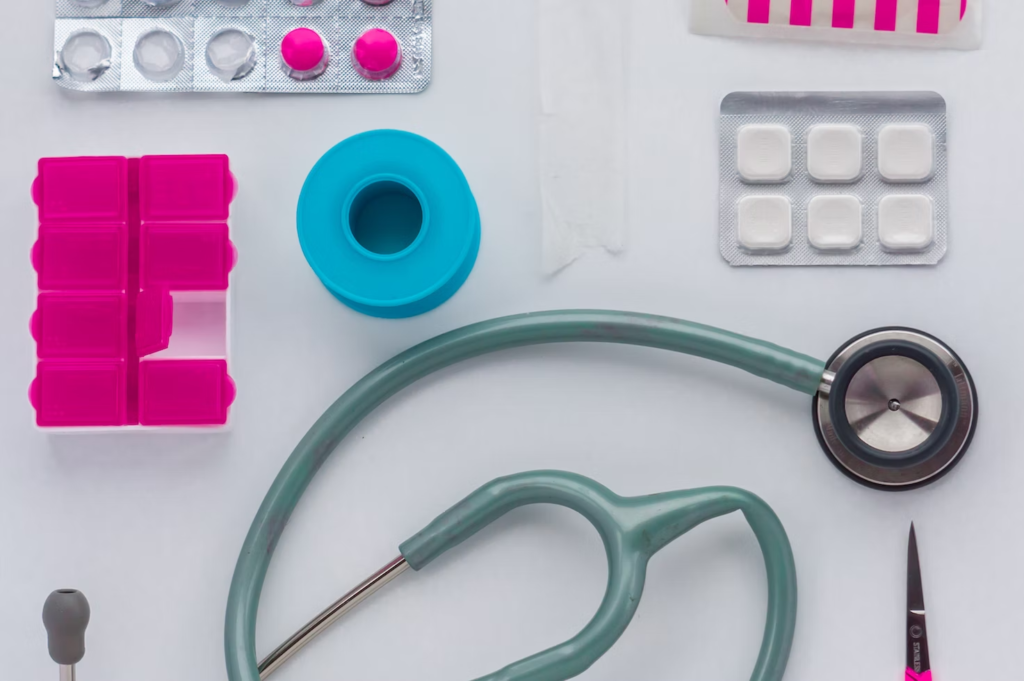Introduction
Before we can even start thinking about the main causes of acne, we should familiarize ourselves and know the nature of this condition. It’s occurrence and presence in society is not a very welcomed one much less the act of treating it. It causes lots of discomfort, irritation and above all embarrassment for both adults and adolescents who have the misfortune of being infected by it.

What are the Main Causes of Acne
What is this troublesome condition?
You’ll do well to ponder and be familiar with these general acne features:
It is first and foremost a disease of the skin that’s both chronic in potency and inflammatory in formation causing pimples and spots to invade certain parts of your body.
Its favorite settling grounds include the face, upper arms, chest, shoulders, back, and neck.
The most common types of acne include whiteheads, blackheads, pimples, cysts and nodules.
Acne happens to be the most known skin condition in the United States, affecting some 50 million Americans each year.
It most occurs during puberty when the body’s sebaceous glands go into action but it occurs at any age. While it’s seldom life threatening, it can leave ugly scars as a going away present.
They normally begin when your glands (sebaceous) are stimulated by male hormones which are produced by the adrenal glands found in both men and women.
Around 85 percent of people in the U.S. between the ages of 12 and 24 suffer from acne.
True blue facts on acne
Some of the immediate facts about acne indicate that acne:
- is essentially a skin disease that involves the oil glands at the bottom compartment of hair follicles.
- affects every 3 in 4 persons who are aged between 11 and 30 years.
- It can leave deep scars on your skin but it’s not life threatening.
- can be treated but the type of treatment depends on its severity and persistency.
- has certain risk factors that can include genetics, menstrual cycle, stress and anxiety, hot, humid climates, usage of oil based makeup and pimple squeezing.
Home remedies
Many types of home remedies for acne have been cited but not all have the support of the scientific community. Here are some of them:
Diet – while the connection between diet and acne has not been verified by science, some scientists have found that the consumption of foods containing vitamins A, E, and zinc may have a lower risk of getting severe acne.
Other sources have suggested that while the connection between acne and diet has the propensity to provoke differing opinions, they also suggest that a diet with low glycemic ingredients can help reduce acne.
Tree-tree oil – A study published in the Indian Journal of Dermatology, Venereology, and Leprology suggested that medication that contain 5 percent tea-tree oil may treat mild to moderate acne.
Tea: some evidence exist that support the claim that polyphenols from tea, and green tea when applied using native techniques, may have the ability of reducing sebum production and at the same time reduce the formation of acne.
However, compounds used in the study were extracts obtained from the tea which was not used directly.
Moisturizers: researchers hold the view that these have the ability to soothe the skin, especially of people who use treatments for acne such as isotretinoin.
Essentially, these moisturizes contain aloe vera with a concentration of at least 10 percent, or witch hazel which has a soothing and maybe anti-inflammatory effect.

Main causes of acne
The human skin is dotted with pores that connect to oil glands under the skin surface. Follicles, which are small sacs that produce and secret liquid, are the connecting channels between the glands and the pores.
An oily liquid called sebum is produced by the glands under the skin. The sebum actually carries the dead skin cells through the follicles up to the skin surface.
Growing through the follicle from below the skin and out of the skin is small hair.
When the follicles are blocked and oil starts to build up under the skin, pimples form and make their appearance on the skin surface.
What usually happens when the follicle is blocked is that dead skin cells, sebum, can all stick together in a clump and form a plug.
The plug is soon infected with bacteria and swelling from below the skin begins to form. When the plug commences to break down, a pimple begins to develop.
The name of the bacteria that lives on the skin and makes it possible for pimples to start developing is Propionibacterium acnes (P. acnes).
Not all acne bacteria can trigger pimples and one particular strain actually helps the skin to stay free of pimples.
Moreover, it’s been suggested by research that both the severity and frequency of acne depends entirely on the strain of bacteria present in the follicles.
Hormonal factors
There’s a whole variety of factors that can help trigger the development of acne, however it is the belief that the main factor that causes a breakout is the increase in the levels of androgen.
Androgen is an hormone type substance which rises substantially in its levels at the commencement of adolescence. In women, androgen is converted to estrogen.
An increase in the levels of androgen levels also triggers an increase the growth of oil glands under the skin and of course the larger the oil glands the more sebum they can produce.
An excess production of sebum in this way can cause pressure to build up against the cellular walls of the pores which ultimately give way and collapse.
This in turn allows more bacteria to thrive and multiply which ushers in an expansion of the area that has succumbed to the invasion of acne.
This event marks the beginning of making the ground ready for a full blown breakout of acne to take place.
What else can trigger an acne breakout?
There are some studies that suggest genetic factors may also increase the risk of triggering the formation of acne but there are other causes as listed below:
- Menstruation
- Medications that contain androgen and lithium
- Emotional stress
- Greasy cosmetics
- Hormonal changes

Conclusion
Causes are always very important and relevant in the study of any condition, but more so for acne which is the subject of this article. No one welcomed the day when they were overwhelmed by an acne outbreak which, if serious enough, would leave unsightly scars that would be difficult to remove. Thanks to science most of these tragic results have been obliterated and hopefully living without acne may soon be on the horizon. We have had positive experiences in the past when purchasing medicines from this trustworthy vendor, and we would recommend them.










